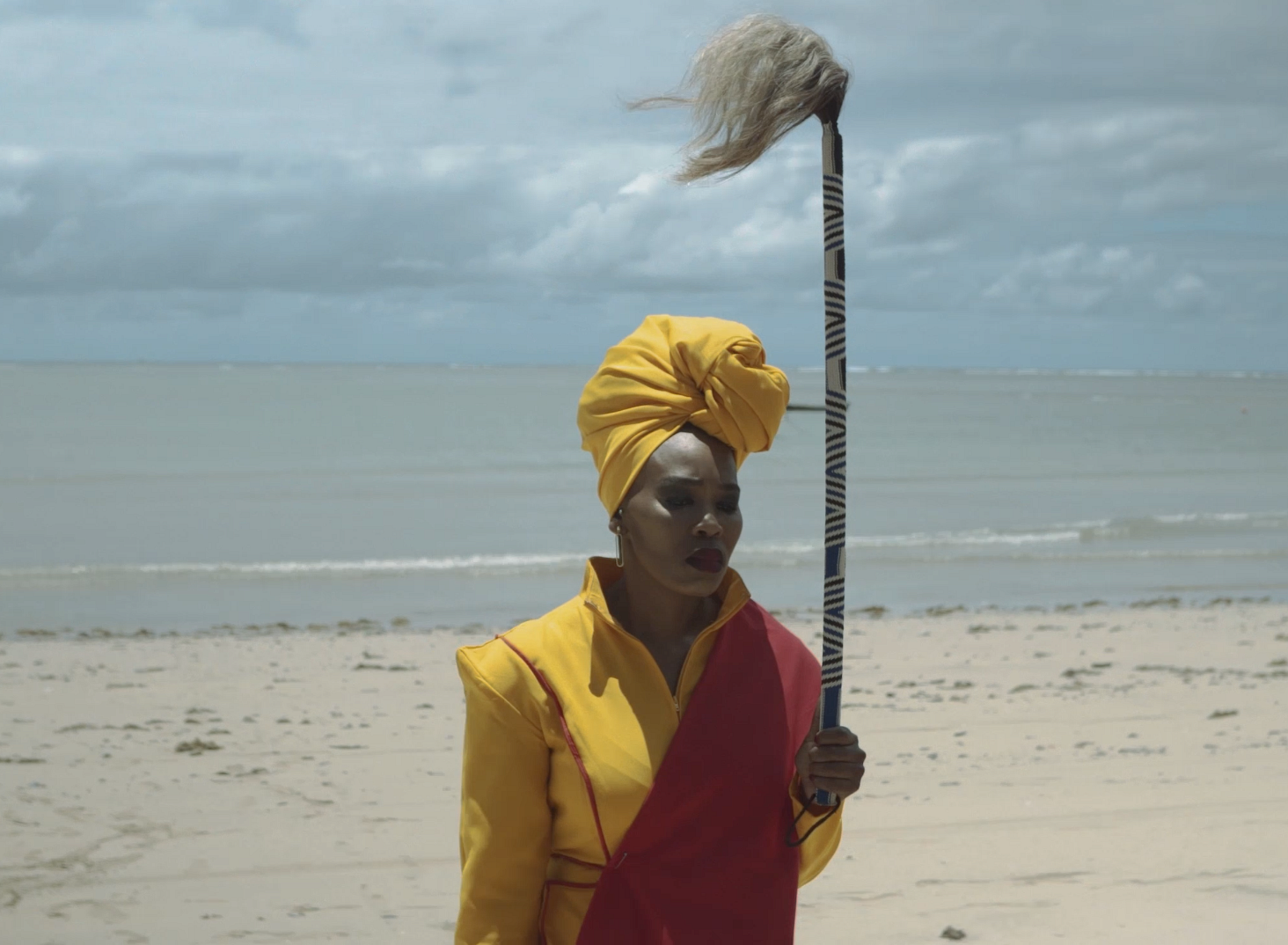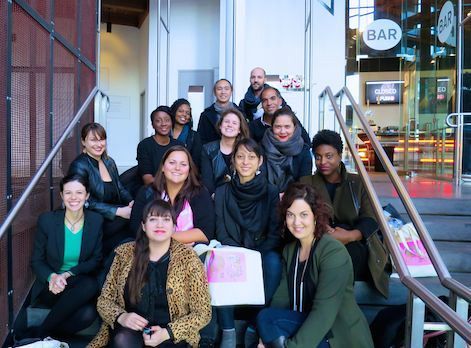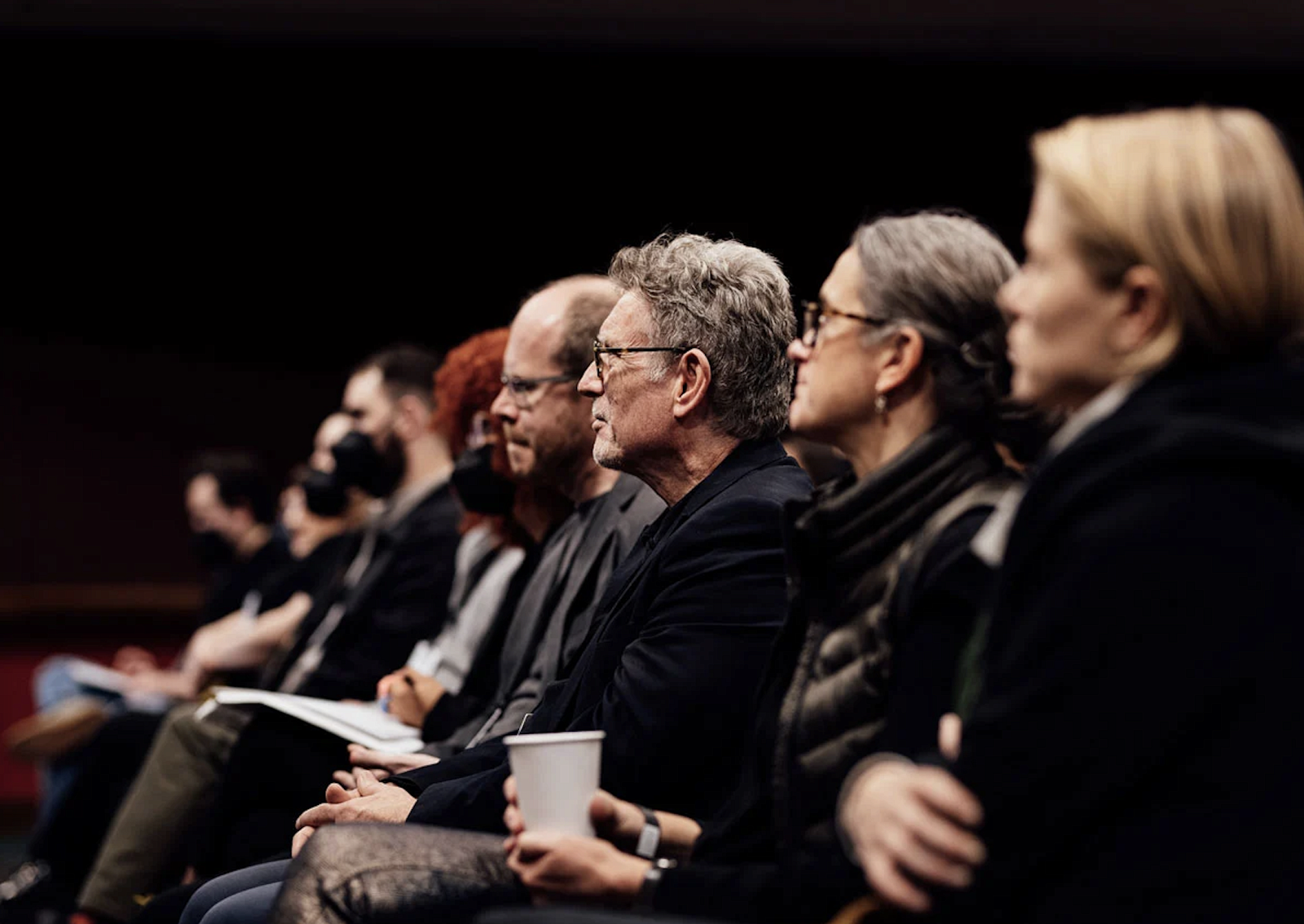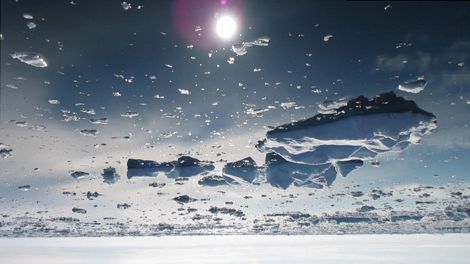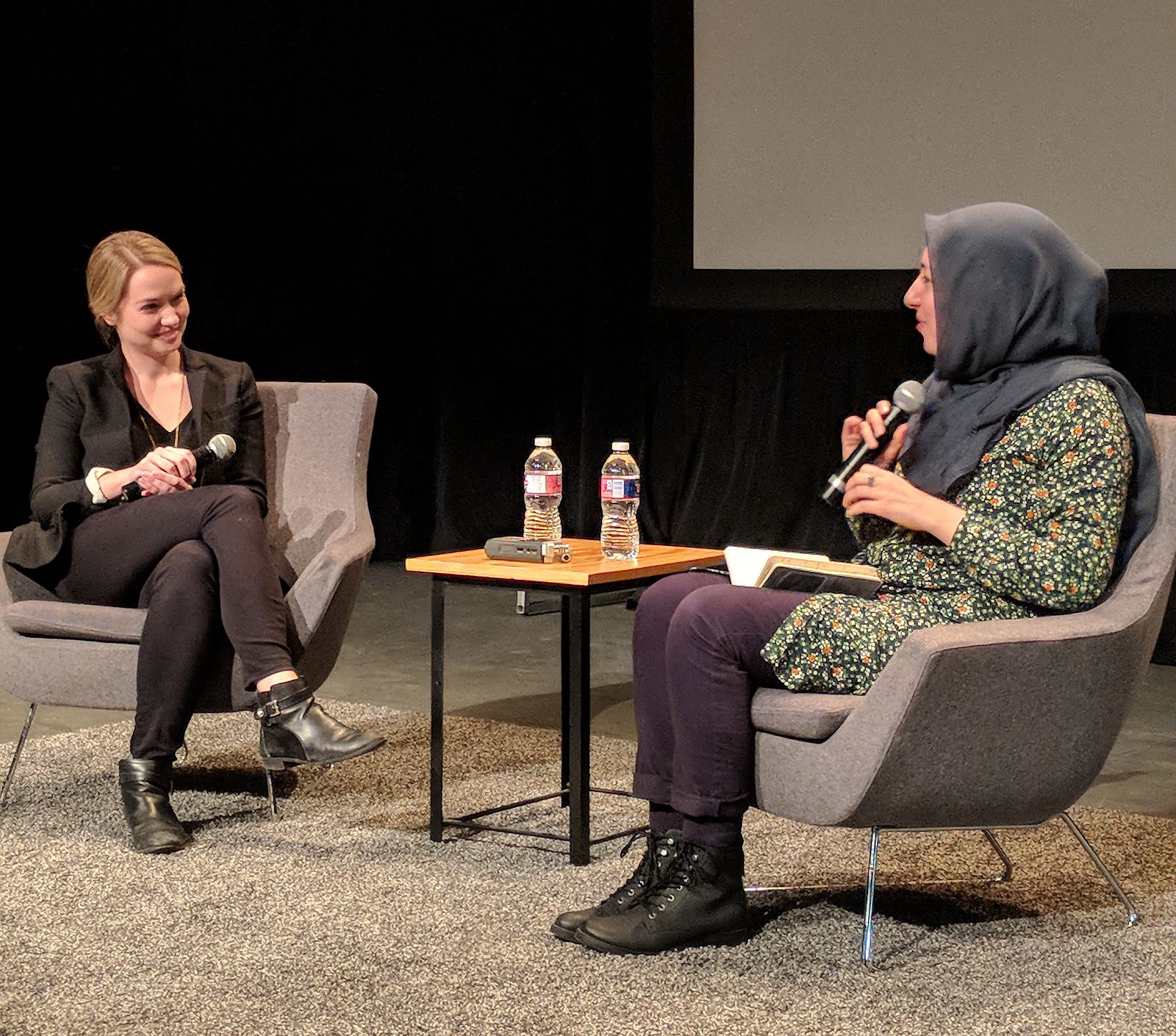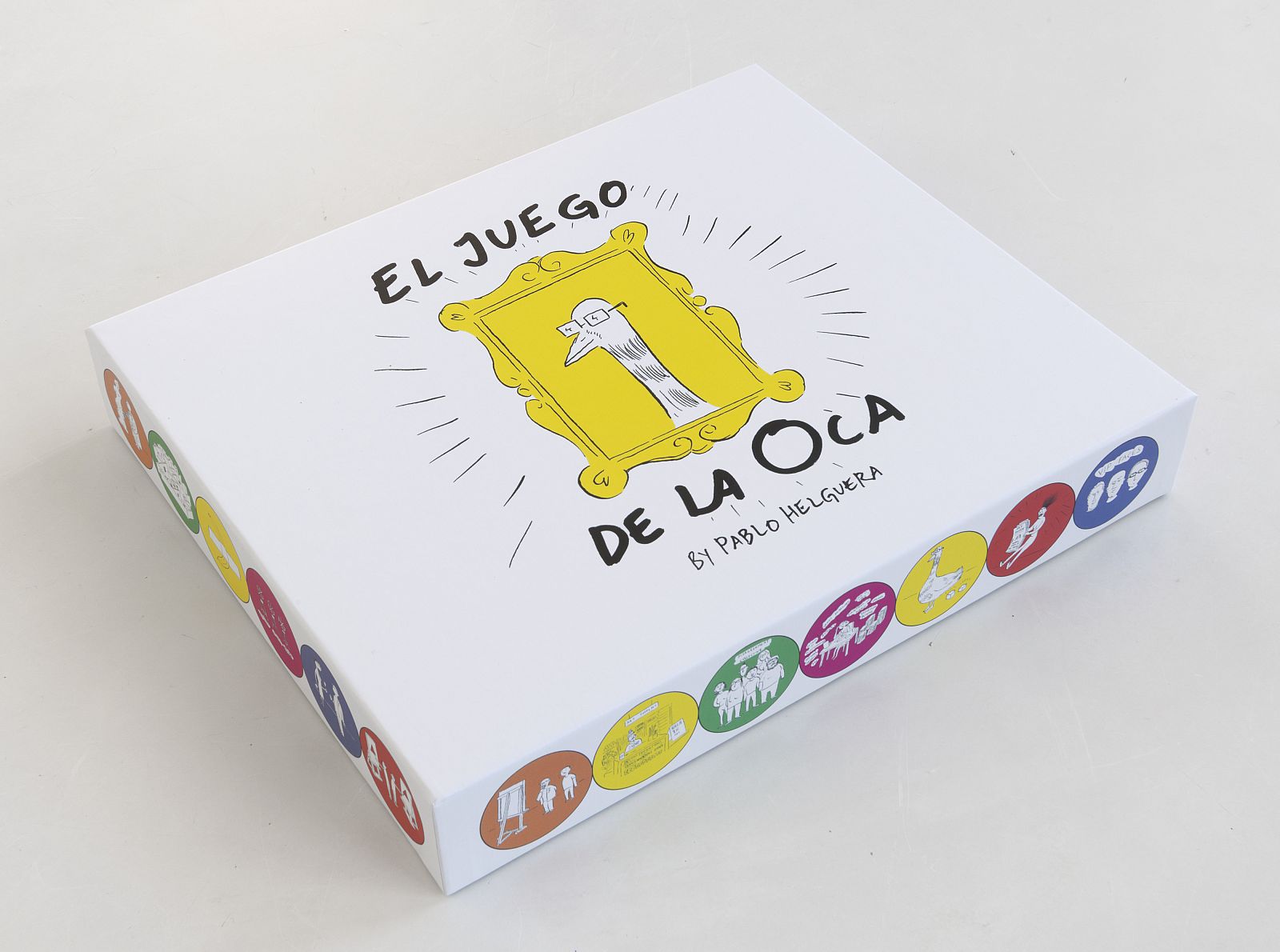Eric-Paul Riege (b. 1994, Na’nízhoozhí [Gallup, New Mexico]) uses a rich array of natural and synthetic materials—including wool, cotton, shells, faux fur, and human hair—to create his signature woven sculptures that reflect upon the Diné (Navajo) philosophy of hózhó. Hózhó, as a practice in everyday life as well as in Riege’s own artistic practice, is a worldview that encompasses the values of beauty, balance, and goodness in all things physical and spiritual. For the artist, hózhó lives in the continuation of the Indigenous weaving and jewelry-making traditions inherited within his own family history, particularly from his maternal ancestors. Often displaying these intricate objects as suspended looms, and activating them through video and performance, Riege uses space, sound, and gravity like any other material manipulated by the artistic hand. What results are sensorial installations built in homage to cosmology, craft, and inherited knowledge, where the spiritual and physical realms of memory are bridged as one.
Riege’s first institutional solo show is on view at the Hammer Museum through February 2023. His work has recently been exhibited at the 2022 Toronto Biennial of Art; the Contemporary Arts Center, New Orleans as part of Prospect.5: Yesterday we said tomorrow (2021); the Institute of Contemporary Art, Miami (2019); and at the 2018 SITElines Biennial, Santa Fe, New Mexico. He earned a BFA in Studio Art and Ecology from the University of New Mexico, Albuquerque in 2017. His work is in the collections of the Denver Art Museum, Colorado; FORGE Project, New York; Institute of Contemporary Art, Miami; and Los Angeles County Museum of Art.

